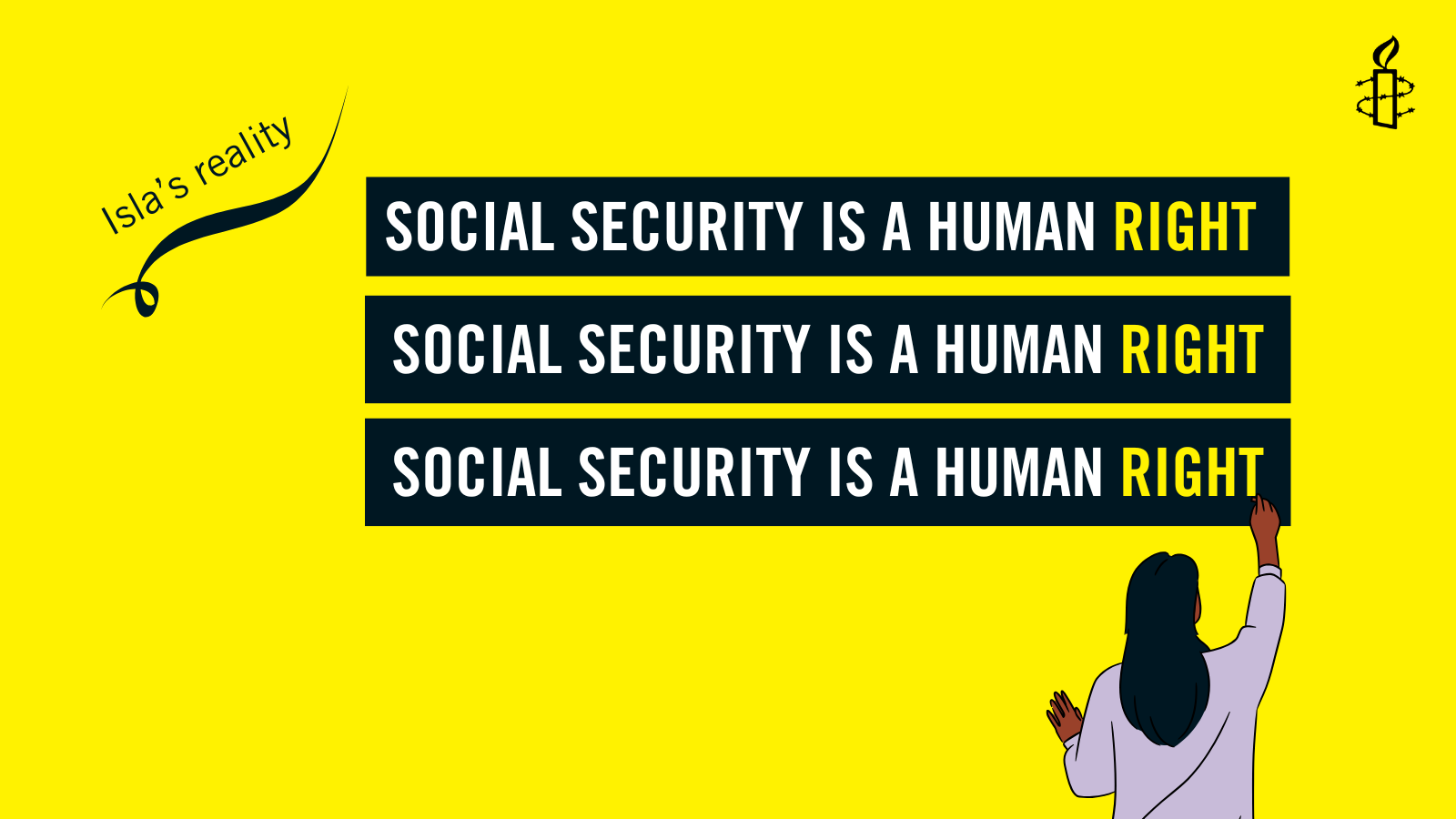Isla's reality

I live in the Scottish Borders. I am barely holding on financially, just one step away from rock bottom. My son was so poorly when he was born that he didn't come home until he was 13 months old, and I’ve been his carer ever since. I also cared for my dad until he died a few years ago.
I receive universal credit and carers allowance, but I have to make that stretch. Moving to universal credit was hard and I dreaded it. It meant the payments changed to monthly which put immense pressure on budgeting. On top of that, the amount I receive is not enough for the basics, which means it’s a constant battle to make ends meet.
To apply for universal credit, I had to provide official ID. I used the online form that they have but my passport had expired, and I don’t have driver's license. This meant I had to travel over 20 miles to the job centre which I simply couldn’t pay for.
It’s not just cost of travel, food here is also expensive. I live in a remote area which is considered affluent, which means most shops are independent rather than affordable supermarket chains. As a result, I often have to buy food online or buy things that are expired just to make sure my family and I have enough to eat.
I didn’t choose to be a carer. I struggle on social security, but when my son was born and needed care, I didn’t have a choice. I work tirelessly providing 24-hour care for my son, but because it's unpaid, it’s not considered actual work. It should be. I worry about what will happen to my son when I’m no longer around.
The poorest in society have become easy targets. It feels like people are being pitted against each other, rather than addressing the real issues. In countries where the wealthiest are taxed more, social care, social security and healthcare are significantly better. There are many ways like this to tackle inequality, but political will is needed to make these changes.